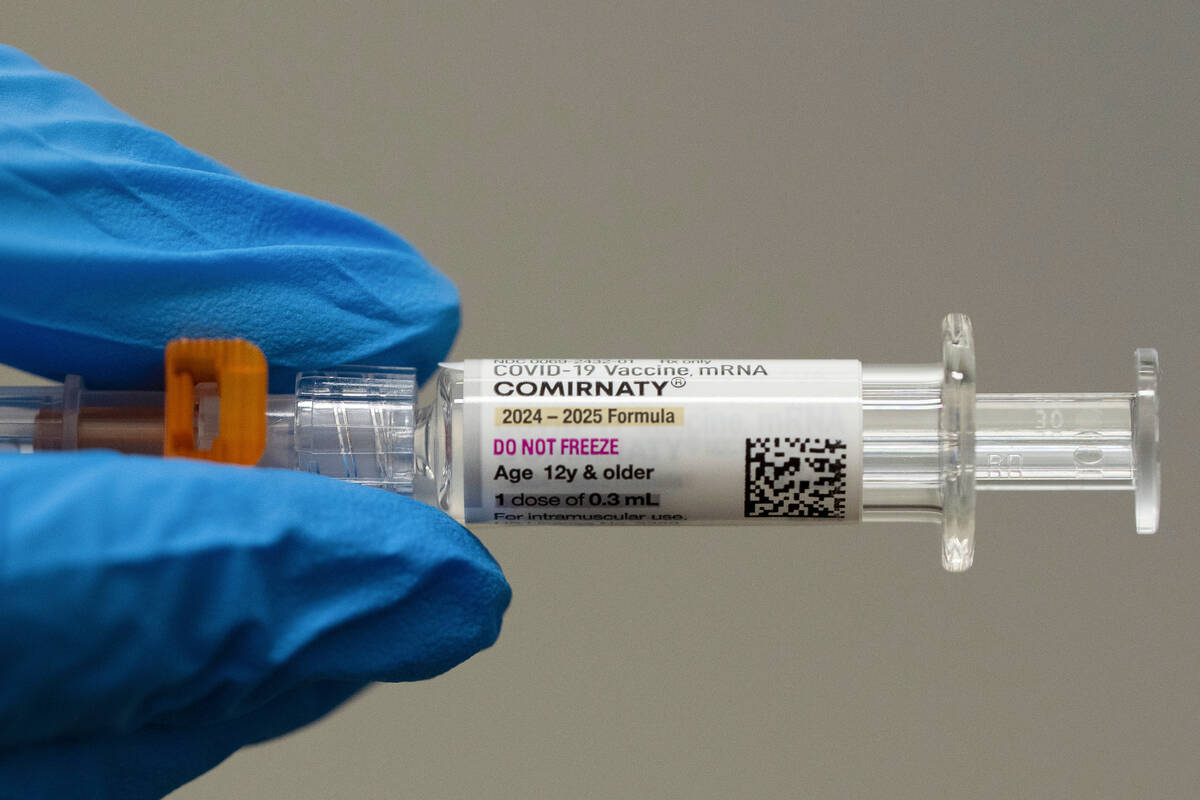What to know about summer colds, dominant COVID variant
Summer heat, outdoor fun … and cold and flu symptoms?
The three might not go together in many people’s minds: partly because of common myths about germs and partly because many viruses really do have lower activity levels in the summer.
But it is possible to get the sniffles — or worse — in the summer. Federal data released this past week shows COVID-19 is trending up in most states, with emergency department visits up among people of all ages.
Here’s what to know about summer viruses.
What does the data show?
The number of people seeking medical care for three key illnesses — COVID-19, flu and respiratory syncytial virus, or RSV — is very low, according to data from the Centers for Disease Control and Prevention.
Flu is trending down, and RSV has been steady. But COVID-19 is trending up in most U.S. states. Wastewater data from around the country estimates “moderate” COVID-19 activity.
CDC wastewater also shows the XFG variant — nicknamed stratus — is most common in the U.S. Stratus can cause a “razor blade” sore throat and is considered a “variant under monitoring” by the World Health Organization. The WHO said that the variant is only marginally better at evading people’s immune systems and vaccines still work against it.
The expectation is that COVID-19 will settle into a winter seasonal pattern like other coronaviruses, but the past few years have brought a late-summer surge, said Dr. Dean Blumberg, chief of pediatric infectious diseases at University of California Davis Children’s Hospital.
Other viruses circulating this time of year include the one that causes “hand, foot and mouth” disease — which has symptoms similar to a cold, plus sores and rashes — and norovirus, sometimes called the stomach flu.
Not just about seasonality
Many viruses circulate seasonally, picking up as the weather cools in fall and winter. So, it’s true that fewer people get stuffy noses and coughs in the summer — but cold weather itself does not cause colds.
It’s not just about seasonality. The other factor is our behavior, experts say. Nice weather means people are opening windows and gathering outside where it’s harder for germs to spread.
But respiratory viruses are still around. When the weather gets too hot and everyone heads inside for the air conditioning, doctors say they start seeing more sickness. In places where it gets really hot for a long time, summer can be cold season in its own right.
“I grew up on the East Coast, and everybody gets sick in the winter,” said Dr. Frank LoVecchio, an emergency room doctor and Arizona State University researcher. “A lot of people get sick in the summer here. Why is that? Because you spend more time indoors.”
COVID booster shot?
For people who are otherwise healthy, timing is a key consideration to getting any vaccine. You want to get it a few weeks before that big trip or wedding, if that’s the reason for getting boosted, doctors say. But, for most people, it might be worth waiting until fall in anticipation of winter cases of COVID-19 really ticking up.
“You want to be fully protected at the time that it’s most important for you,” said Dr. Costi Sifri, of the University of Virginia Health System.
People at higher risk of complications should always talk with their doctor about what is best for them, Sifri added. Older adults and those with weak immune systems may need more boosters than others, he said.
Kids and COVID
Last month, the CDC noted emergency room visits among children younger than 4 were rising. That makes sense, Blumberg said, because many young kids are getting COVID-19 for the first time or are unvaccinated.
Health Secretary Robert F. Kennedy Jr. said in May that the shots would no longer be recommended for healthy kids, a decision that health experts have said lacks scientific basis. The American Academy of Pediatrics still endorses COVID-19 shots for children older than 6 months.
Lowering risk
The same things that help prevent colds, flu and COVID any other time of the year work in the summer, doctors say.
Spend time outside when you can, wash your hands, wear a mask. And if you’re sick, stay home.


















